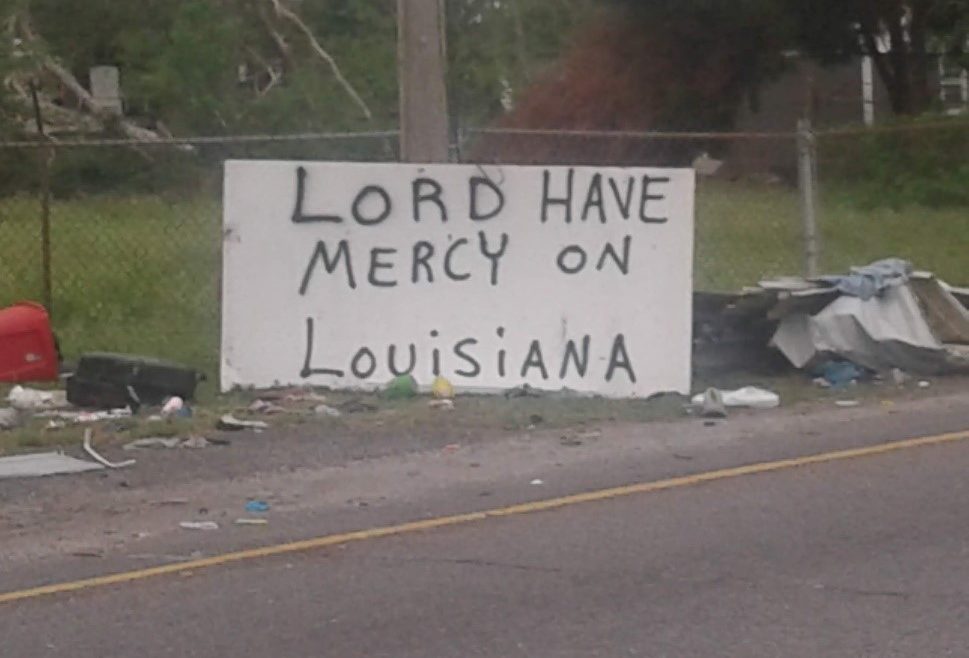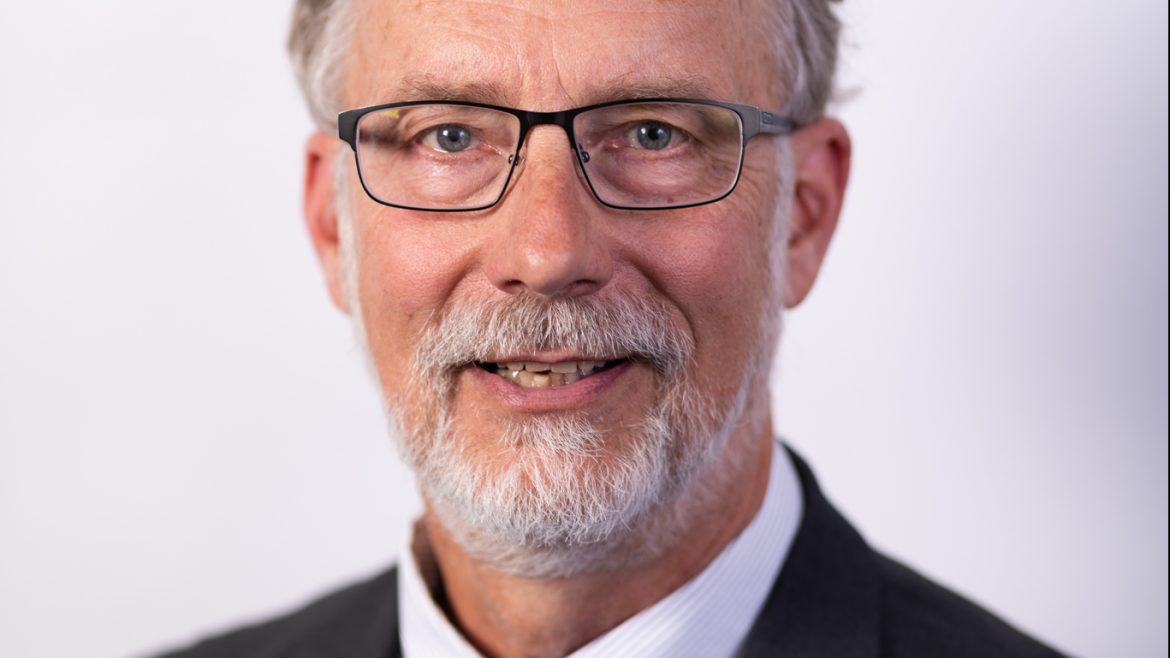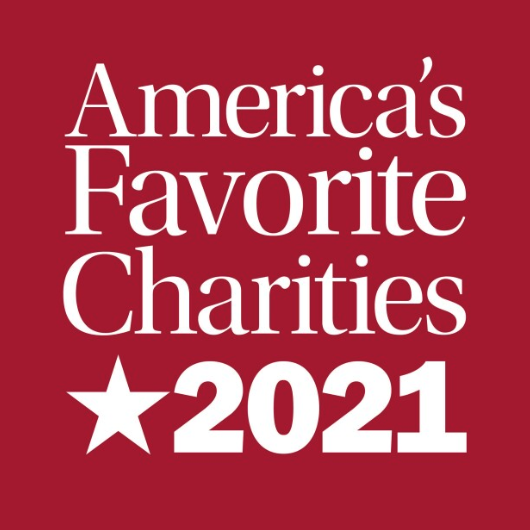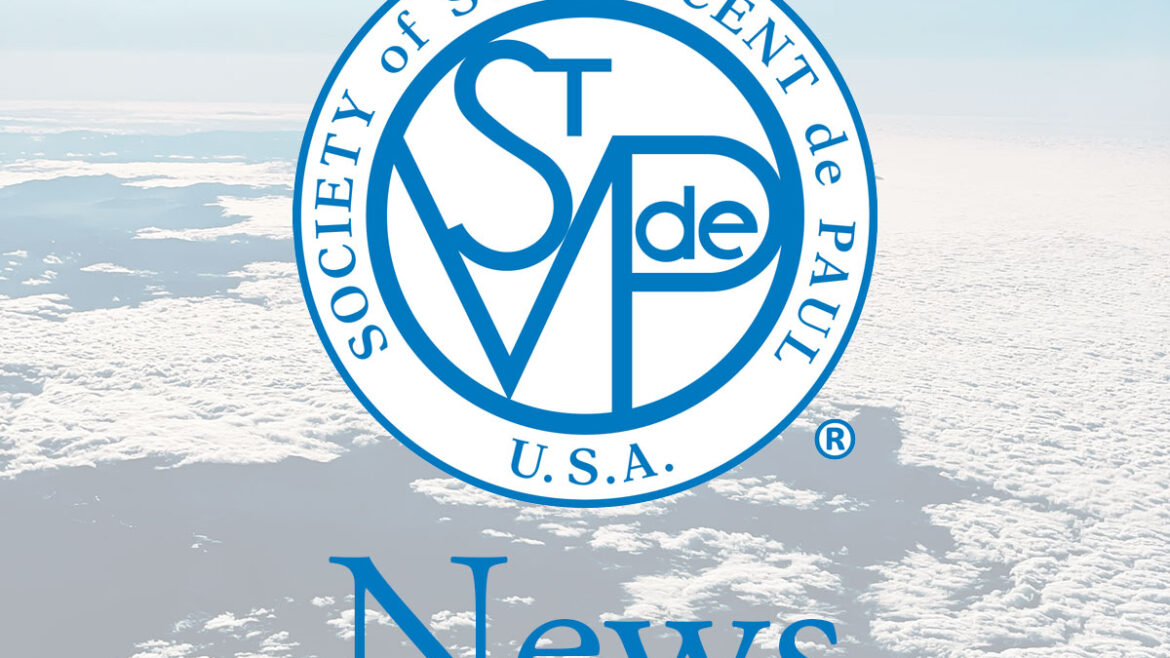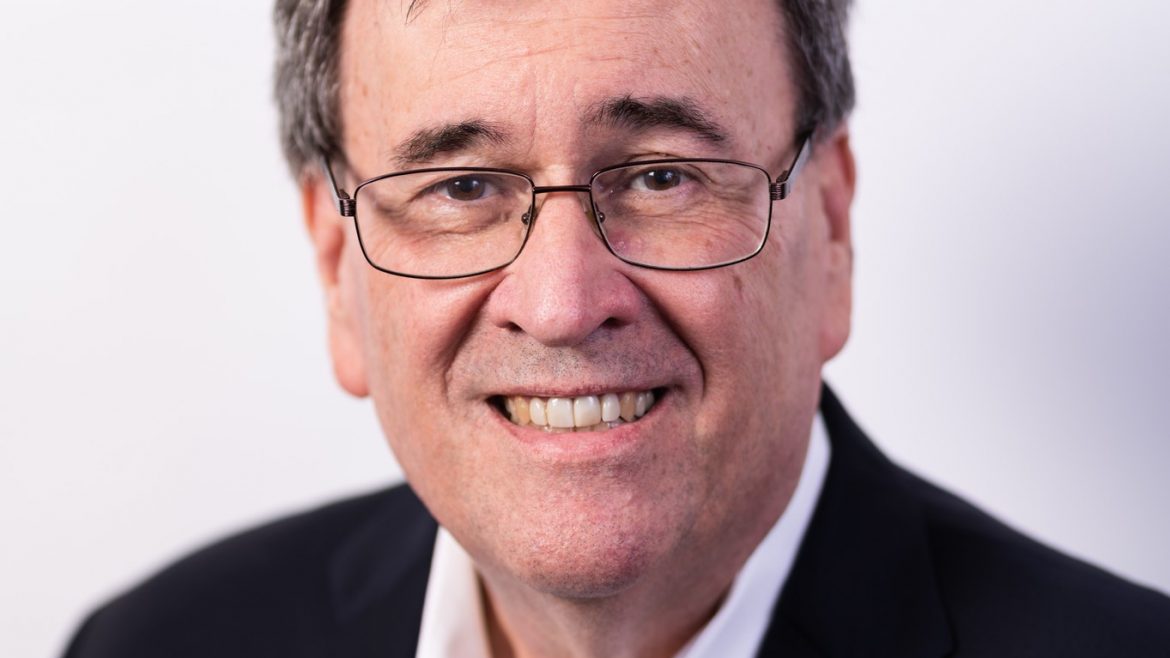If we truly trust in providence, truly abandon ourselves to the will of God, does that mean we are called to simply let things happen? On the contrary, Frédéric taught, our “detachment from the world must not be turned into discouragement about our duties… We must think as if we were to quit the earth tomorrow, and we must work as if we were never to leave it.” [Baunard, 423]
God expresses His will to us through His word in the Scriptures. For Vincentians, there are several specific teachings that stand out, not least of which is the Parable of the Good Samaritan. In the story, Christ recounts the mercy shown by a passing Samaritan to the victim of a robbery and assault. Importantly, he concludes by telling us to “go and do likewise.”
He does not say “wait for my signal,” or “stay tuned for further instructions,” but “go and do likewise.”
Go. Act. Do.
Similarly, he tells us that our corporal works of mercy – feeding, clothing, and comforting those in need – will be judged as if done to Himself.
Feed. Clothe. Be merciful.
In neither instance does Christ demand that we achieve a particular earthly end. As St. Vincent said, “God does not consider the outcome of the good work undertaken but the charity that accompanied it.” [CCD I:205] And charity, the Catechism says, is to love our neighbor as ourselves not for the sake of paying the bill, or preparing the meal, but for the love of God. [CCC, 1822]
When Veronica wiped the face of Jesus, He still was nailed to the cross, in accordance with God’s will. But Veronica did all the good she could do, with mercy and with love.
Trust in providence, then, begins with doing God’s will as best we can discern it, and then trusting that the outcome also will be His will. In other words, we should not worry about tomorrow; tomorrow will take care of itself. “The will of God,” Blessed Frédéric writes, “is fulfilled from day to day.” [Baunard, 81]
If we confined ourselves to doing only those things whose outcomes we can assure, how limited our charity would be! We would become quickly overwhelmed into inaction, realizing that the poor will always be with us. But Christ, too, is with us always! We are called to hear Him in the cry of the poor; in them, to see His suffering.
Let us, then, as Frédéric taught, “do all the good we can, and trust to God for the rest.” [Baunard, 81]
Contemplate
Have I ever hesitated to help, because “they’ll only need more help tomorrow?”


